Climate Change. What comes to mind? Protesters tying banners on factory chimneys? Radical environmentalists? Al Gore? When one sees the issues of the world, from child soldiers to mass oppression to even genocide, why do we need to worry about whether the summer is going to be a little hotter next year?
Climate change is often seen to be a solely ‘environmental’ issue. Yet, such a limited categorisation fails to recognise the wide-ranging human consequences of a changing climate. Below are 6 reasons why dealing with climate change ought to be a priority for anyone who believes all people are worthy of equal human rights:
1) We are almost certainly part of the cause.
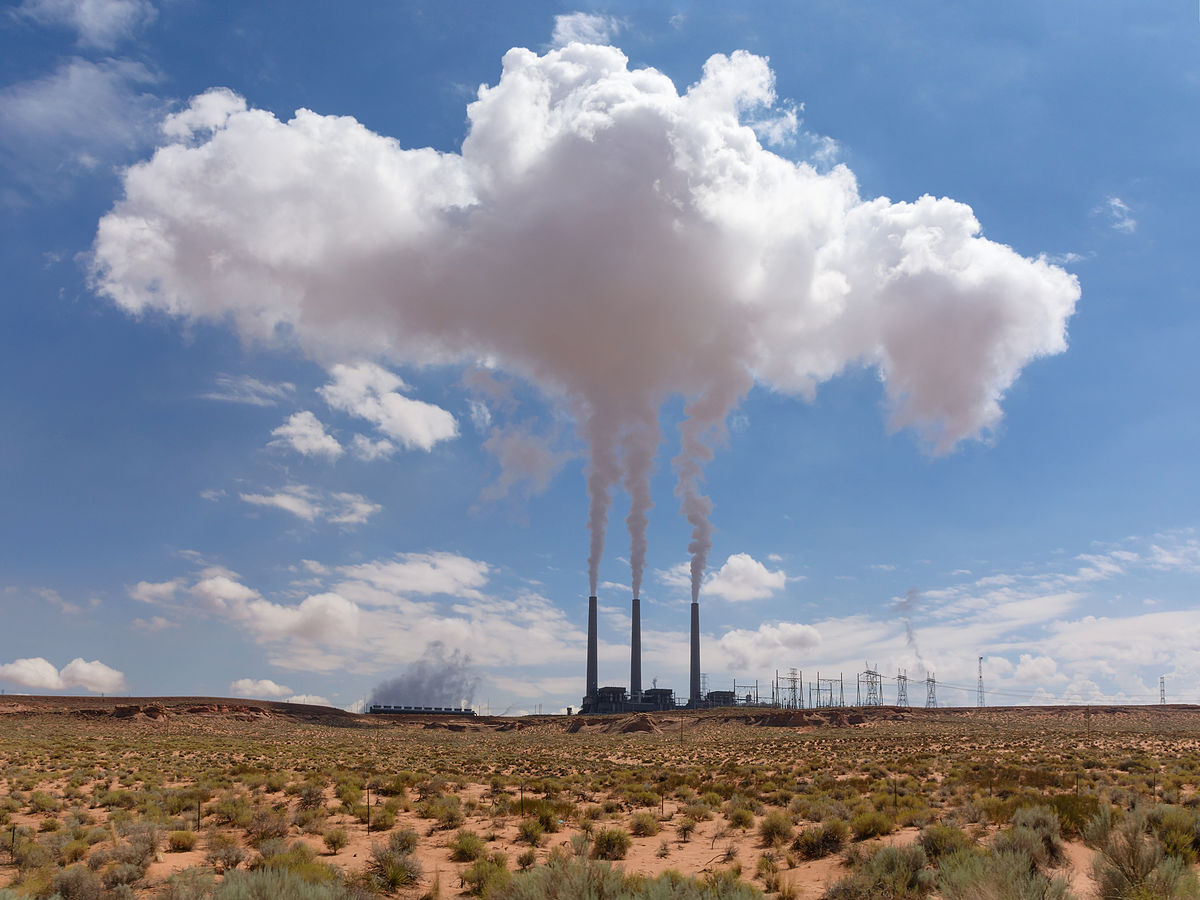
The Intergovernmental Panel on Climate Change, a group of internationally-acclaimed scientists, has stated that, ‘Scientific evidence for warming of the climate system is unequivocal’.[1] A rapid increase in Carbon Dioxide (CO2) levels, 40% between 1800 and 2012, caused by the Industrial Revolution, has been observed.[2] This is coupled with the knowledge that CO2 is able to powerfully ‘trap heat’ within the atmosphere, hence its title as a ‘Greenhouse gas’. If one then compares the corresponding heat rise over the past century, which mimics the trend CO2 increase, natural explanations become implausible.
As a result, NASA reports that 97% of climate scientists agree that,[3] although natural warming cycles have been observed in the past, the rapid warming of the past century is ‘very likely’ due to human causes.[4]
2) It is not a distant future possibility. It is a reality, happening right now.

The 20 warmest years on record occurred since 1981, while each and every one of the very warmest being in the past 12 years.[5] Greenland lost a vast 150-250 km2 of ice between 2002 and 2006 alone. The World Health Organisation (WHO) reports that 30 new (or previously unproblematic) diseases have appeared in the last 20 years, as well as an increase in the prevalence of malaria, due to the increasing temperatures.
Incredibly, locally-transmitted malaria outbreaks have been reported in Florida, Queens in New York, Georgia, California and Texas in the 1990s.[6] If warming rates continue, it is not inconceivable that malaria will begin to be seen in the Mediterranean, and then even eventually in Ireland and the United Kingdom. Climate Change is closer to home than we might like to believe.
3) We face a quarter of a million more deaths by disease per year.

The WHO predicts, based on conservative models, 250,000 extra deaths will occur every year between 2030 and 2050. The situation may worsen even further after 2050. This would result from malnutrition, diarrhoeal illness, parasite-transmitted diseases and heat-related medical conditions, brought about by the changes in climate.[7]
This means that 250,000 people would be denied every year of their right to life, let alone how many parents would lose children, and how many children would be orphaned and thus often deprived of their right to a caring family and to education.
Crucially, these tragedies would not have otherwise happened if human activity had not caused this climate change. This makes us implicitly responsible for this increased death toll, unless we take genuine action to prevent it.
4) Our lives will be more uncomfortable. The poor will have their lives devastated.
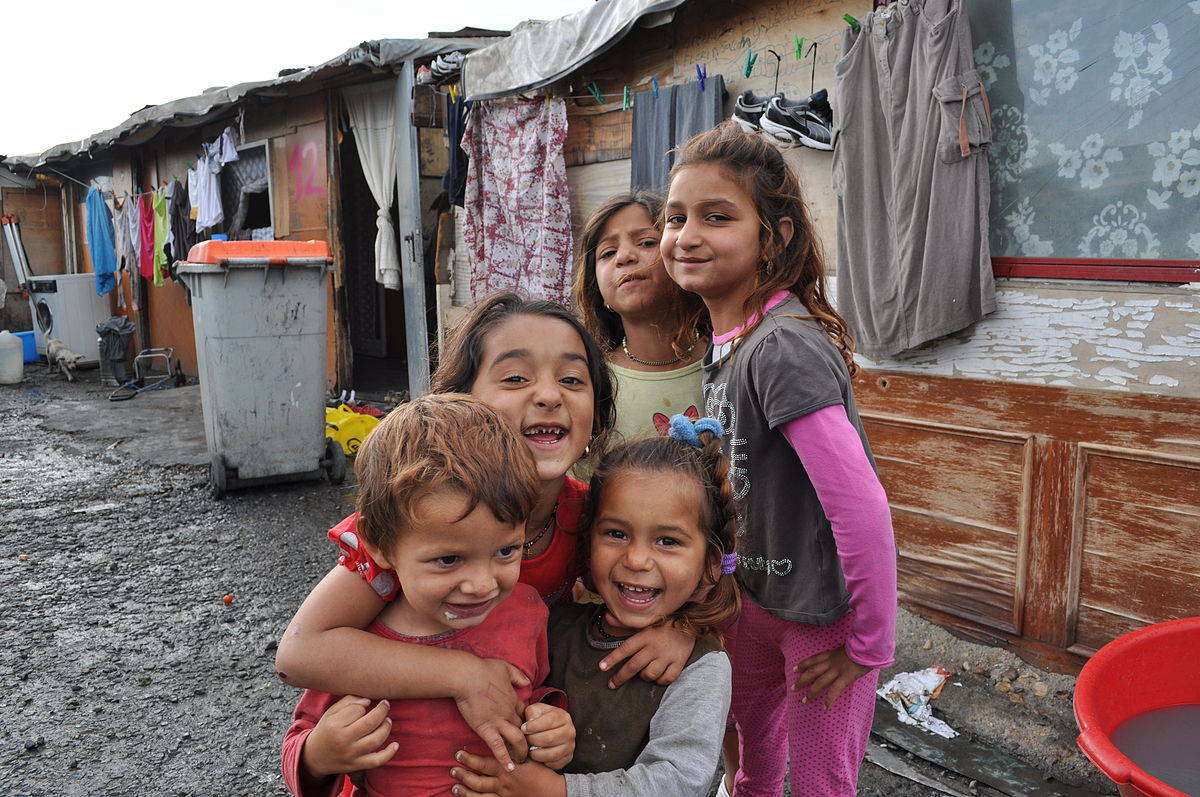
Another of the ironic injustices of Climate Change is that, although it is often the consumption of the richest people of the world which causes it, it is the poorest people of the world who will suffer the most. Would you consider access to a clean supply of drinking water a human right?
While we worry about water charges, for example, 783 million people wake up each morning with no access to even the most basic supply of clean water.[8] With climate change bringing floods that contaminate water supplies, and droughts that overload water sources, this situation will only worsen.
5) Leprosy’s decline could slow or reverse, continuing to cause fear, isolation and disability.
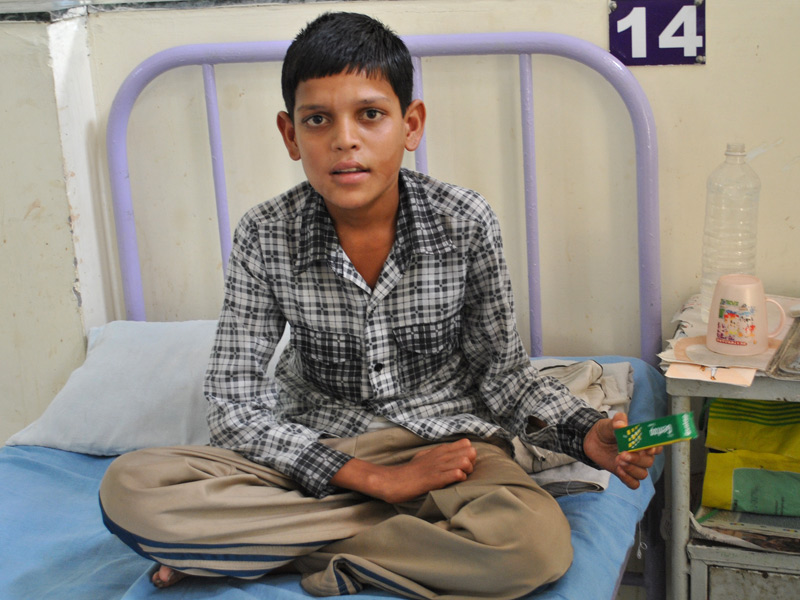
Leprosy, a disease often heard of but equally often assumed to be little more than a memory of the distant past, is now curable and disability is preventable. Yet increased flooding and droughts, as a result of global warming, will displace people from their homes and encourage the spread of previously isolated pockets of disease.[9] Furthermore, devastated crop yields and loss of property will trap more people in poverty, reducing quality of housing and encouraging overcrowding, as well as making leprosy even more financially crippling for families as it causes disability that prevents a person from working. Thus, a disease which, by our combined effort, could be genuinely made history, could continue to cause devastating harm to families.
6) We can do something about it.

There is still hope. The most important point in this post is not the harrowing statistics or seemingly doomsday predictions. Instead, it is the fact that we do not have to be passive bystanders of our world crumbling apart. We don’t have to simply watch as countless millions die of preventable diseases, exasperated by climate change. We have a voice, and, just as it did with Martin Luther King, Mohandas Gandhi and Mother Teresa, our voice can make a difference.
First of all, we can try to prevent further damage happening. 30th November to 11th December 2015 will see an historic international UN summit in Paris on Climate Change, which is unique in that its agreements and recommendations will be legally binding. If we work together to ensure nations agree to genuine, binding and specific targets, we quite literally could change the world. Write to your local governor, TD, MP or MEP about how much the issue means to you. Take a look online for the variety of petitions on Climate Change available, and add your name to all those you believe in. Post about it on Facebook and Twitter. This has more effect than you might realise!
Secondly, we can seek to use our resources to help those who have to bear the worst of the consequences of a changing climate. It doesn’t even need to cost anything. You could sign the Leprosy Mission’s petition to ensure Leprosy is prioritised by the WHO in coming years, as Climate Change could be a barrier to efforts for eradication and requires a full, concentrated effort in the treatment of people who otherwise may become permanently (and completely unnecessarily) disabled.
If this is something that you want to genuinely make a difference with, why not consider blogging about it yourself? All it takes is for a post to ‘go viral’ and you could potentially change hundreds of people’s opinions on a subject. Why not tell us your ideas or blogs below in the comments? If you have any questions, we might be able to help.
Regardless, know that you, from where you are, have the power to change the world.
Sources:
Images: (in order of appearance)
Humanitarian Aid: By Technical Sergeant Mike Buytas of the United States Air Force [Public domain], via Wikimedia Commons
Three chimneys: Myrabella / Wikimedia Commons, via Wikimedia Commons
Tornado: Justin1569 at en.wikipedia [GFDL (http://www.gnu.org/copyleft/fdl.html), CC-BY-SA-3.0 or CC BY-SA 2.5-2.0-1.0, via Wikimedia Commons
Children in Shanty Town, Spain: Rafael Robles (Flickr: Cinco niños en la Cañada Real de Madrid) [CC BY 2.0], via Wikimedia Commons
Dilip, affected by Leprosy: The Leprosy Mission
Backlit keyboard: © User:Colin / Wikimedia Commons / CC-BY-SA-4.0
[1] http://climate.nasa.gov/evidence/
[2] https://royalsociety.org/policy/projects/climate-evidence-causes/question-2/
[3] http://climate.nasa.gov/scientific-consensus/
[4] See http://opr.ca.gov/s_listoforganizations.php for a list of 197 worldwide institutions that agree that recent Climate Change is probably the result of human activity.
[5] http://climate.nasa.gov/evidence/
[6] http://www.cgdev.org/doc/event%20docs/10.23.03%20GDN%20Conf/epstein%20-%20biological%20and%20physical%20signs.pdf
[7] Leprosy and Climate Justice (Overview), p. 2.
[8] http://www.unwater.org/water-cooperation-2013/water-cooperation/facts-and-figures/en/
[9] Leprosy and Climate Justice (Briefing), p. 9.
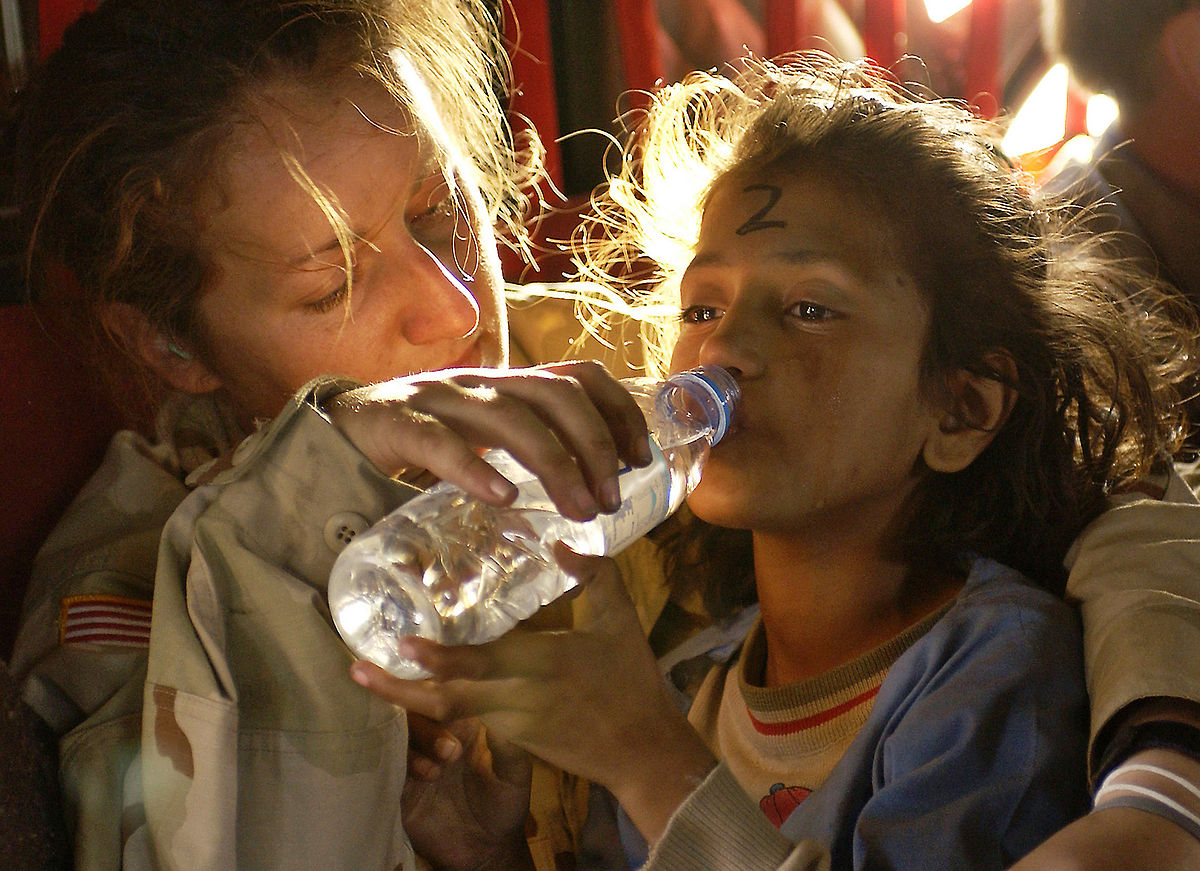
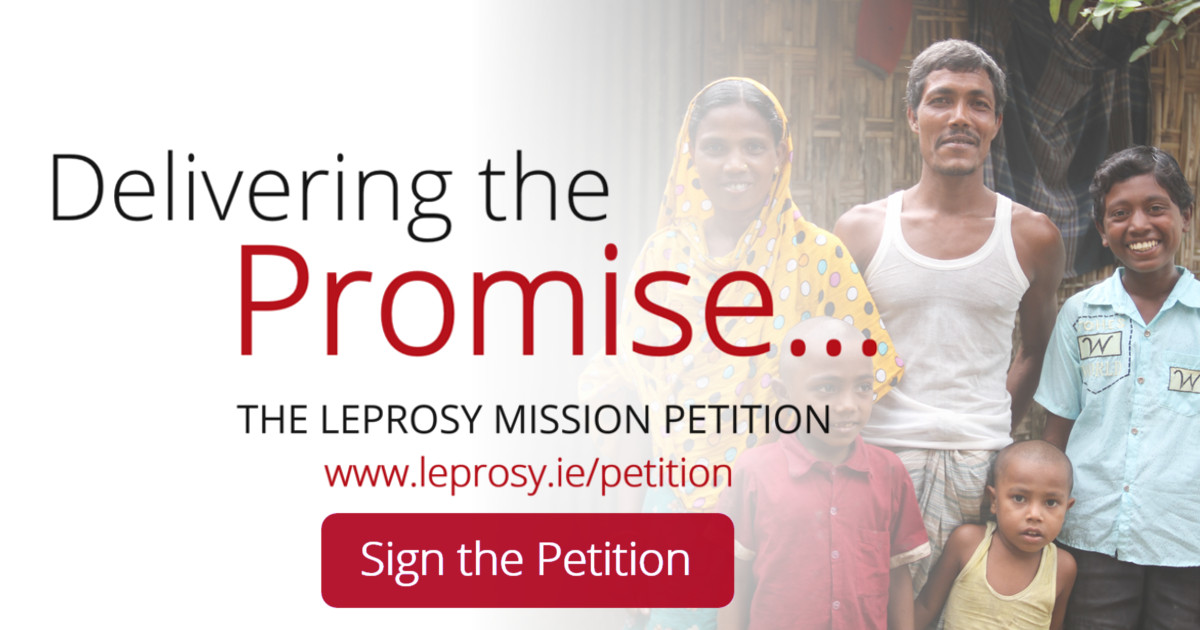
Comments: